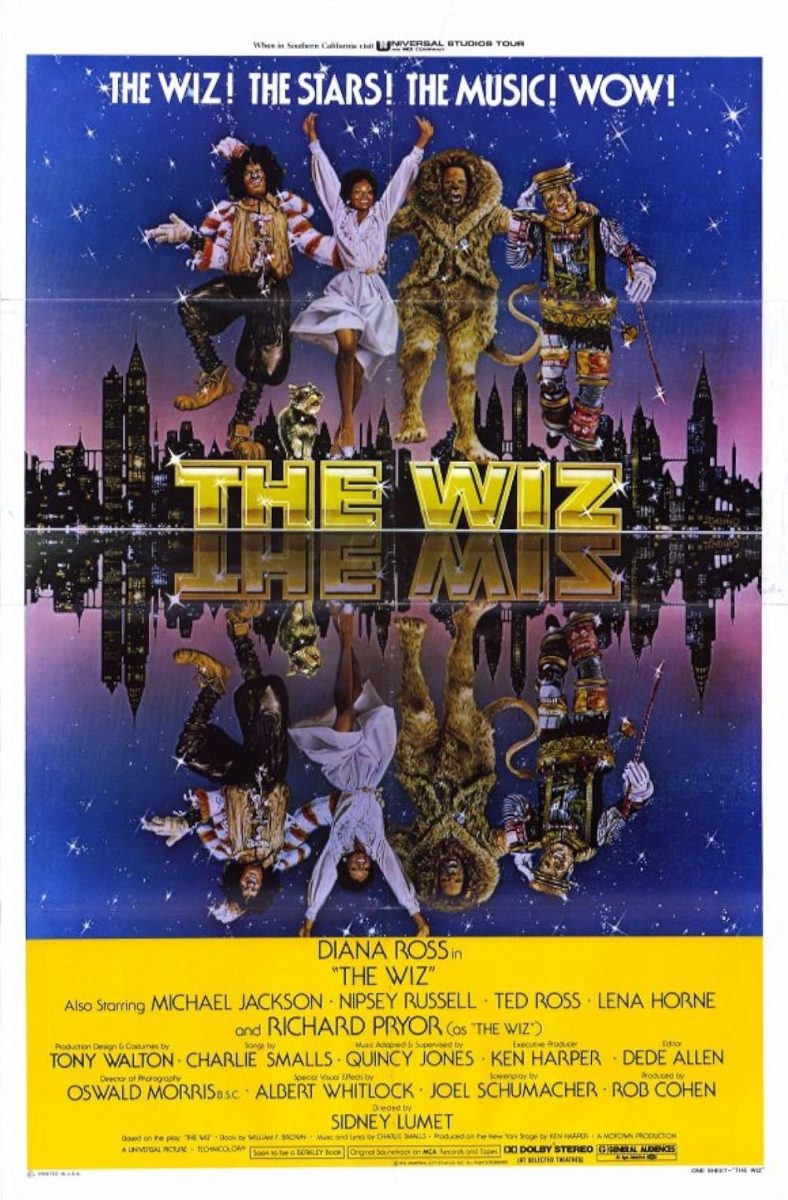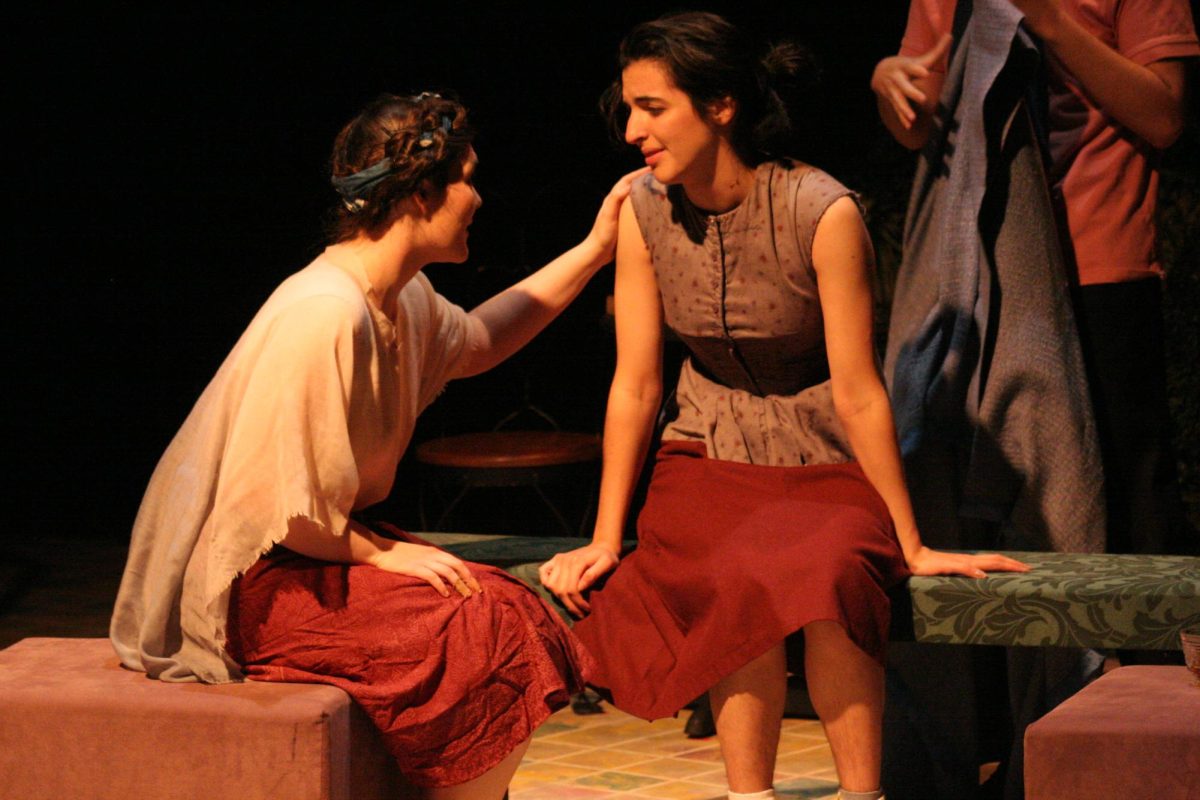The Wiz is a staple for any Black theater lover. The musical premiered in 1974 at the Morris A. Mechanic Theatre in Baltimore and moved to Broadway in 1975. The Wiz was also adapted into a movie in 1978 and soon became a fan favorite and cult classic amongst Black families. I remember being four and glued to the TV screen while watching the film with my mom during the holidays, a tradition we still continue. So when I heard the Cleveland Playhouse was one of the stops for The Wiz tour before it moved to Broadway, I knew I had to attend. As a theater lover, I was excited to go to Playhouse Square and watch the show. I was also looking forward to seeing The Wiz and being surrounded by an audience who appreciated Black theater and the doors The Wiz opened for many Black actors.
As I am reviewing the show, it is important to note that the movie is very different from the modern retelling of The Wiz today. The movie and original musical premiered in the ’70s, and because of this there are certain liberties those who perform The Wiz take when putting on their stage in the modern day. This was exacerbated by the 2015 live television adaptation of The Wiz Live! For example, rather than a tap sequence for the song “Slide Some Oil to Me,” which was featured in the movie and sung by the Tinman, the musical highlighted the actor’s ability to pop and lock, which, while equally impressive, left me with a hole of nostalgia unfilled. Jokes and other things were shifted to have a modern feel, and the dances and costumes were heavily showcased. The musical starkly differs from the movie, and this was something I had to adjust to and make peace with throughout the show. The nostalgia that I was expecting to feel dissipated, and I spent most of the show expecting things to be different, attempting to welcome the differences.
With that being said, there were changes I enjoyed thoroughly. The Emerald City sequence featured a new dance incorporating West African dances and modernist hip-hop moves. The cast itself was also wonderful, and I was especially excited to see Deborah Cox as Glinda, as I have been a fan of her work since I was a kid and often looked up to her as a theater pillar. Everyone was animated and energized on stage, and even from my $30 college student budget seats, I felt the love in the cast. Avery Wilson, who played the Scarecrow, made me laugh at every scene, and I was thoroughly impressed by his vocal performance. Phillip Johnson Richardson, however, was my favorite vocal performer as the Tinman, as he showed his range and the emotion in each song, especially “What Would I Do If Could Feel.” I also thoroughly enjoyed the Wiz himself, played by Alan Mingo Jr. His performance was charismatic and morally dubious, but he is loveable anyway. The character shift from the movie was a welcomed change, as the movie consistently makes me sad when the Wiz turns out to be a sad politician who couldn’t even win the position of “dog-walker.” I much prefer a loud confident Wiz who knows he’s bad but is too fabulous to care.
In a sense, change and expansion spurred the creation of The Wiz, so it makes sense that the musical is constantly adapting and being modernized. The Wiz connects the Black audience to L. Frank Baum’s classic tale The Wizard of Oz and is presented through the lenses of Black culture and history. I was surprised to see things in the show that only Black audience members laughed at or to see Adinkra Symbols — symbols from Ghana that represent concepts or aphorisms — etched into the set trees and backgrounds. Those small details made me feel seen and let in on a secret only my community knew.
A large part of me was pleased The Wiz was getting the recognition it deserved and was still paving the way for many Black actors’ beginnings on stage. The Wiz has always cast only Black actors and in the 1970s, this casting was groundbreaking as many musicals didn’t make space for — or would stereotype — Black actors in the roles they were given. And while I wish I could say things have changed, Broadway is still a predominately white space. The Asian American Performers Action Coalition’s 2018–19 Visibility Report stated that out of all available roles in New York City, 58.6 percent went to white actors. Producing and reviving musicals like The Wiz is so important. It was one of the musicals that paved the way for Black actors to perform, giving them roles to aspire toward during their careers. As a child and even into my late teens, I dreamed of being in The Wiz, and I’m sure many of the actors on the stage were fulfilling dreams of their own.










